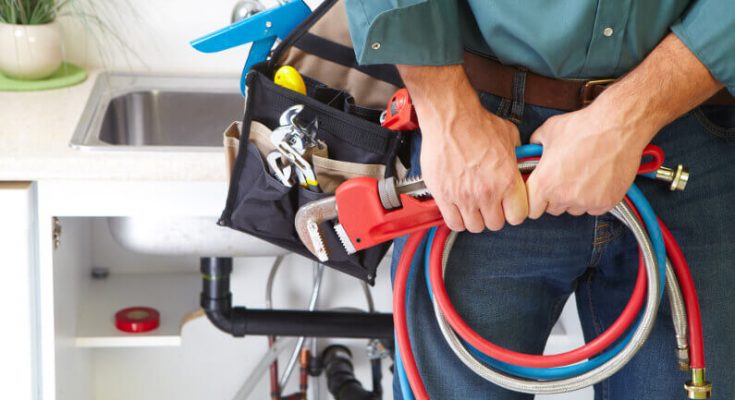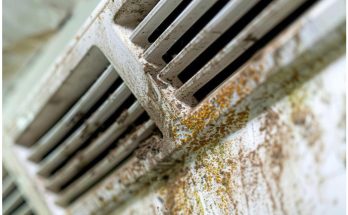Following are the questions you should ask a plumber before hiring them:
- Are you qualified?
Many plumbing technicians will have a Level 3 or Level 2 NVQ pipes qualification. If they work on an unvented heater as well as oil or gas central heating boilers then they need added certifications to do so. Whilst credentials are not always a guarantee of a task well done, they are a valuable sign of expertise and sometimes, such as gas work, a lawful requirement. You can look into the register to find a local authorized plumbing technician, such as Berkeys Plumbing Repair and Service, in your area online. If you are having a gas job taken on, such as having your gas boiler serviced, then make certain you search the Gas Safe register online.
- Are you insured?
Any specialist plumbing professional will bring public responsibility insurance. Examine that this cover remains in location as well as if in doubt ask to see a copy of their insurance certificate.
- What will function expense?
Most likely one of the top questions you’ll have is “what is this most likely to cost me?” You’ll likely exist with a couple of options, a per hour price or a fixed price quote. For smaller work as well as emergencies, a per-hour price will be the default. Anticipate a great plumbing professional to bill you during regular functioning hours with higher prices for an out-of-hours emergency job. It’s additionally worth inspecting whether charges consist of points like vehicle parking fees. Materials won’t be included in a per hour price so anticipate paying for these on the top.
- Is job ensured?
It’s typical for a warranty on handiwork to be supplied, subject to particular T&C’s. A plumbing professional, such as https://www.berkeys.com/plumbing/, who is positive in their handiwork won’t have any problem providing a warranty. They will want you to be happy with the work that has been done as well as must make it clear that they get on hand if any type of troubles does take place after they leave.
- When is settlement needed?
Depending on whether the work is carried out at an hourly price or a fixed price agreement will most of the time dictate repayment routines. Expect to pay after work has been finished when it comes to emergency as well as little work, whilst a retainer might be required for bigger jobs that are supplied on a set price basis. Run a mile from any individual that requests 100% payment upfront though!




